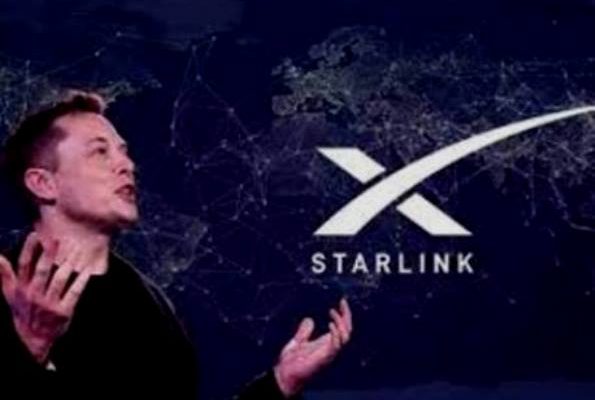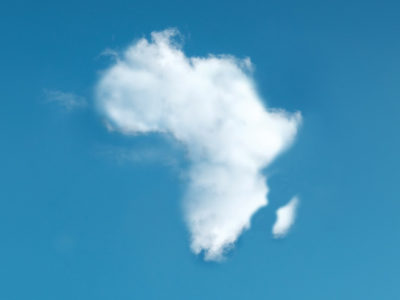Matters eRising with Olusegun Oruame
Starlink is here in Nigeria and is available for $600 (about N400, 000 to N450, 000) for hardware at entry point and $43 (about N31, 000 to N33, 000) as monthly subscription.
The Nigerian Communications Commission (NCC) licensed Elon Musk’s Starlink last year to provide low latency, high bandwidths internet across Nigeria. The company had scheduled to launch service last December but rescheduled to early this year due to what it described as regulatory contentions that have now been addressed.
RELATED: Will Elon Musk’s SpaceX mark the end of GSM domination in Nigeria?
Startlink has rolled out preorder sales beginning this year to drive anxiety into motley of competitors in Nigeria’s internet market adjudged as pricy and racked by poor services.
Elon Musk’s Starlink is coming to market at a higher price but with better promise of first rate service that could alter the scale not only in major urban centres like Lagos, Abuja and Port Harcourt but also in rural communities with major institutions where internet from existing service providers have remained costly and wobbly.
In Lagos, an average Small Medium Enterprise (SME) pays some $25 to $50 as entry fee for terminal to sign up to a provider’s service and pays between $25 to $40 for monthly subscription that often comes with ‘managed frustration’ owing to frequent downtimes and lower than paid-for bandwidth speed.
Starlink is promising more on its internet plans. Customers should expect between 40-220 Mbps speeds allowing ease of workflow online and perhaps, signaling the end of ‘managed frustrations’ when even the top internet service providers (ISPs) including big-league mobile network operators (MNOs) turn technically minded customers to ‘crazed observers’ of long, tortuous ‘buffering sessions’ due to neatly sliced Mbps speeds by fraudulent providers.
“Elon Musk’s Starlink is coming to market at a higher price but with better promise of first rate service that could alter the market”
Starlink says it will take your money and give you speed and stability than ever experienced. Its delivery and credential elsewhere in over 40 countries may be sufficient for customers in Nigeria to dump their existing providers for the new satellite bride. I fear for GSM operators even in spite of the yet to be fully explored 4G and the new 5G offerings. Starlink could do to them what they did to CDMA operators over a decade ago to end the reign of the likes of Intercellular and Starcomms.
Starlink is a satellite internet constellation operated by SpaceX providing satellite Internet access coverage to 45 countries. Since 2019 that SpaceX started launching Starlink satellites, it has successfully launched and maintained over 3,300 mass-produced small satellites in low earth orbit (LEO), which communicate with designated ground transceivers.
The company is targeting to have about 12,000 satellites deployed worldwide with a possible later extension to 42,000 to underscore the massive disruption that is bound to happen in the market and why existing operators must either rework their engagement of the market or get off to die arguing over the viability of satellite internet services.
“Elon Musk’s Starlink will not be about its national rollout in Nigeria but its potential to decide the fate of other operators”
SpaceX announced it has reached more than one million subscribers as at December 2022, and with its presence in large markets like Nigeria, the potential to even-out its operating cost faster to gain traction with profit is higher.
What more, Elon Musk is leveraging the same technology to launch its global mobile phone service and make the market even fiercer for traditional MNOs.
Will Nigeria patronise Starlink? There is a historical response to rely on. When GSM service started, everything about it was pricy. Operators and the telecom regulator were a bit skeptical about their market projections. The best of forecast had expected mobile uptake to be around 100, 000 subscriptions in six months. It exceeded a million in less than three months.
Elon Musk’s Starlink will not be about its national rollout in Nigeria but its potential to decide the fate of other operators and to rejig the debate over the viability of satellite internet services from the perspective of price and weather-proof stability.





























